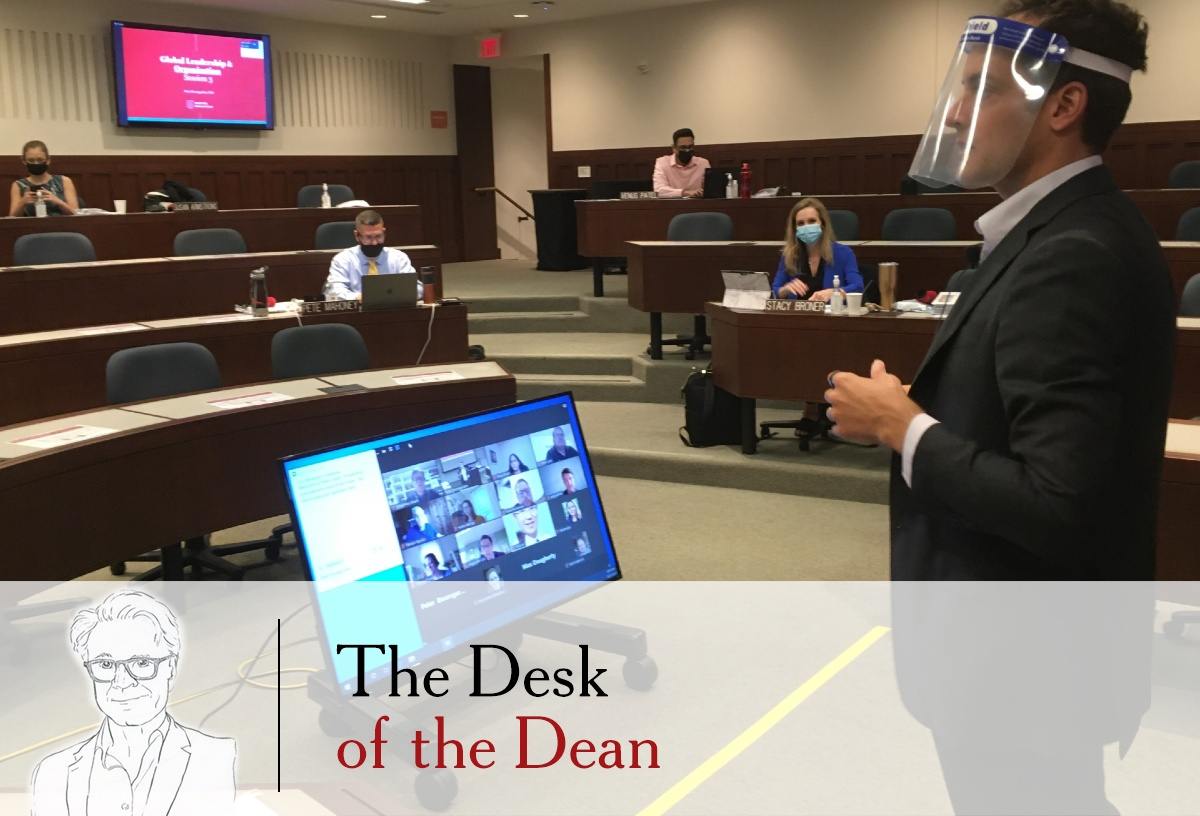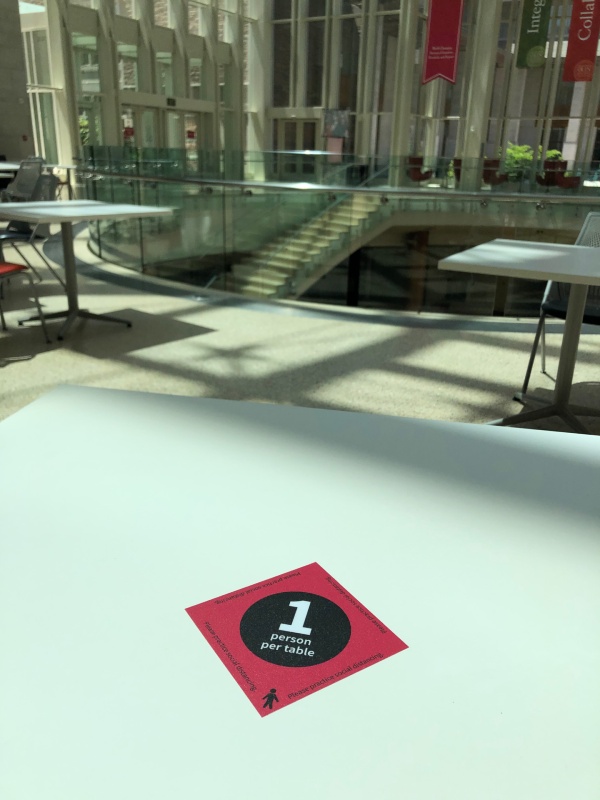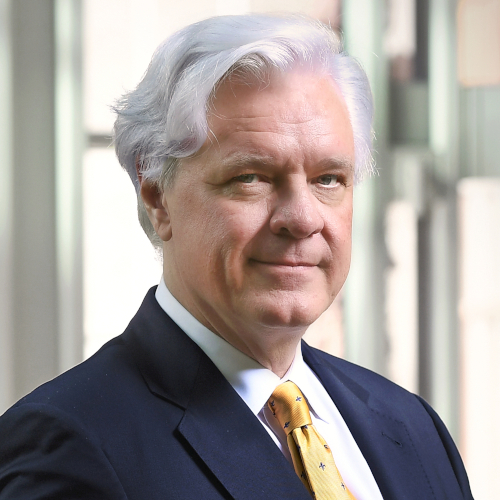The second horizon: Ready for a fall unlike any other
- September 2, 2020
- By Mark Taylor
- 3 minute read

We are just days away from the start of a fall semester unlike any we’ve experienced.
Yet in a world seemingly overrun with troubling news, I am filled with hopeful optimism about the return of our students and the commencement of classes.

We anticipate a strong student intake across all our programs—both in-person and virtually. Outfitted with carefully prepared signage, technology and sanitation equipment, our buildings are ready for students and faculty. We’ve assiduously assisted and supported faculty in enhancing their teaching in a hybrid environment—and scored high marks within the WashU community on that preparation.
Students are receiving welcome kits. Our specialized master’s students have the opportunity to be paired with mentors. Our fall planning website—dedicated to information about fall instruction in the age of COVID-19—is up, running and up-to-date.
The start of classes on September 14 marks the culmination of thousands of hours of forethought, planning and preparation. The Olin team has been focused on one simple goal: Providing world-class education during a world-changing crisis.
A massive effort
There is scarcely a person among our faculty or staff who cannot take part of the credit for pulling off the herculean task that confronted us over the summer. Everyone has pulled together to create the best Olin experience possible. That includes our faculty members, the Center for Digital Education, graduate program recruiting and student services staff, the undergraduate programs office, the Weston Career Center and corporate development teams, building operations teams, marketing and communications, the Center for Experiential Learning, accounting and other behind-the-scenes departments.
By one mode or another, the students are joining our community, and we’re excited. Many will be on campus. Some could not secure visas in time but decided nevertheless to commence their WashU Olin education online.
We don’t have fewer students. We just have students in different time zones. We will have to work to cater to them. It’s a change of mindset.
Ohad Kadan, vice dean for education and globalization
Some classes will start a little earlier or end a little later than typical so we can accommodate students across as many as six time zones around the globe. Likewise, we’ve asked professors to make themselves available for office hours at unusual times.
Instructors will teach courses with more than 60 students online. Those with fewer than 25 will be in person. In between, instructors will use one of two hybrid formats.
The new Olin experience
From the start, we have aimed high. Not to achieve the minimum required to teach students in the fall, but to do the very best.
I’m looking forward to addressing the incoming undergraduate class as usual—only online instead of from the Emerson Auditorium stage. Each student will receive a welcome kit with a combination of PPE and keepsakes. Career coaching and networking will happen. Student clubs will meet, create events and enrich their members’ preparation.
When I speak to the students as the semester begins, I plan to share what I know about where we stand as a business school in the midst of the coronavirus pandemic, how it has affected us and how we hope to come out. I’ll remind them that we’ve not just played the hand we were dealt, but we’ve striven to turn these circumstances into opportunities.
I hope as they engage with classmates, staff, faculty and alumni over the course of this semester, students think that way, too.
The three horizons
I have been fond of saying that the trajectory of this crisis, this pandemic, is carrying us over three horizons.
The first I refer to as firefighting. Confronted with an instant conflagration in mid-March, we pivoted quickly, adapted and delivered results for our students through the spring semester.
The second horizon is about raising our game. We’re still in the midst of the crisis, but with reflection and the benefit of more time, we’re prepared to deliver gold-standard instruction to students in multiple formats. We’re poised to sail over that horizon now. And the third horizon? That’s about scanning beyond where we can see, anticipating what we must do in this new version of normal to be leaders in teaching and research. And we’re already doing that work.
Pictured above: Peter Boumgarden teaches a class to incoming EMBA students ahead of the arrival of full-time MBA, SMP and BSBA students on September 14, 2020. The masks, face shields and physical distancing in this classroom setup is typical of how hybrid classes will be taught in the fall.
Media inquiries
For assistance with media inquiries and to find faculty experts, please contact Washington University Marketing & Communications.
Monday–Friday, 8:30 to 5 p.m.
Sara Savat
Senior News Director, Business and Social Sciences
